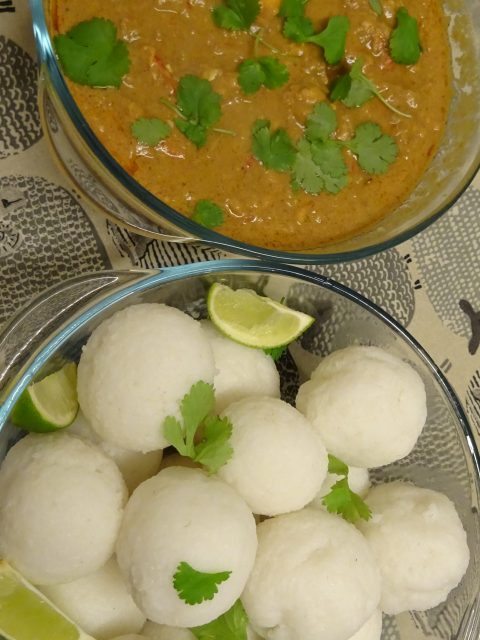
Why Esther?

With kings, queens, revenge plots, ironic twists, and elements of comedy, Esther reads more like a Shakespearean play than a book of the Bible.
However, as gripping as the story is, initially I found it difficult to relate to. What spiritual significance could it have to me?
After all, God’s name is not mentioned once in the whole book. No indication of prayer, no big miracles, no angelic appearance. Not even a prophet!
But all scripture is God breathed and is useful – including the Old Testament – and this is something that Jesus himself affirmed (Luke 24:27).
So Esther must teach us something important.
Most of us will not be able to relate to a world of palaces and beauty contests. However, we can probably relate to the experience of living in a society where the idea of God is just a footnote.
We may also feel like we are living in a time when the active presence of God is largely hidden.
Jesus famously fed 5,000 men (and their families) with five little loaves and two fish. Today, most of us find our food stacked high on grocery shop shelves.
Whilst “miraculous” healing might once have been more common, God now mainly provides for our health through the “ordinary” means of nurses and doctors.
It can be difficult to see God at work in these small, every-day occurrences. Is he involved at all? Perhaps it is just the work of man or nature?
In Esther we see nothing but a succession of “ordinary” human acts.
Relationship tensions lead to a spouse being discarded, following which Esther becomes Queen. Jealous pride causes wicked Haman to scheme and plan. A sleepless night and the King remembers how Mordecai once saved his life.
Then we get to the end of the book and, somehow, with no “miracles” – and all the while allowing people to exercise their free will – God achieves his purposes.
The Jewish nation was saved from destruction; and their enemies, who had desperately been trying to stop the Temple being rebuilt, were wiped out.
God is just as at work in the “every-day” as the miraculous – perhaps even more so.
While our lives may often feel mundane – and God’s presence hidden – he is always active – working everything together for the good of those who love him.
Recipe
From an unfamiliar story to an unfamiliar recipe – but one we find delicious. Inspired by West African cuisine.

African Peanut Stew
Ingredients
- 2 tbsp vegetable oil
- 2 large onions finely chopped
- 6 large garlic cloves crushed
- 3 tbsp grated ginger
- 3 tsp ground corriander
- 3 tsp ground cumin
- 1 tsp cayenne pepper
- 3 bay leaves
- 1.5 kg chicken thighs skin removed
- 400 g chopped tomatoes
- 300 g smooth peanut butter
- 500 ml chicken stock
- 4 fillets white fish cut into chunks (optional)
- 3 sweet potatoes cut into chunks
- 2 red peppers deseeded and cut into chunks
- 1 tsp salt
- 1 tsp ground black pepper
Instructions
-
Fry onions for 5 mins
-
Add garlic, ginger, coriander, cumin and cayenne pepper. Fry on a low heat for 1 minute.
-
Pour in chopped tomatoes, peanut butter and chicken stock. Stir until peanut butter has dissolved. Add chicken and simmer for 30 mins. Stir frequently to prevent the peanut butter sticking to the bottom of the pan.
-
Stir in sweet potato, red pepper and fish if using. Simmer for another 30 mins.
-
Scatter with chopped coriander and serve with rice balls and lime wedges.